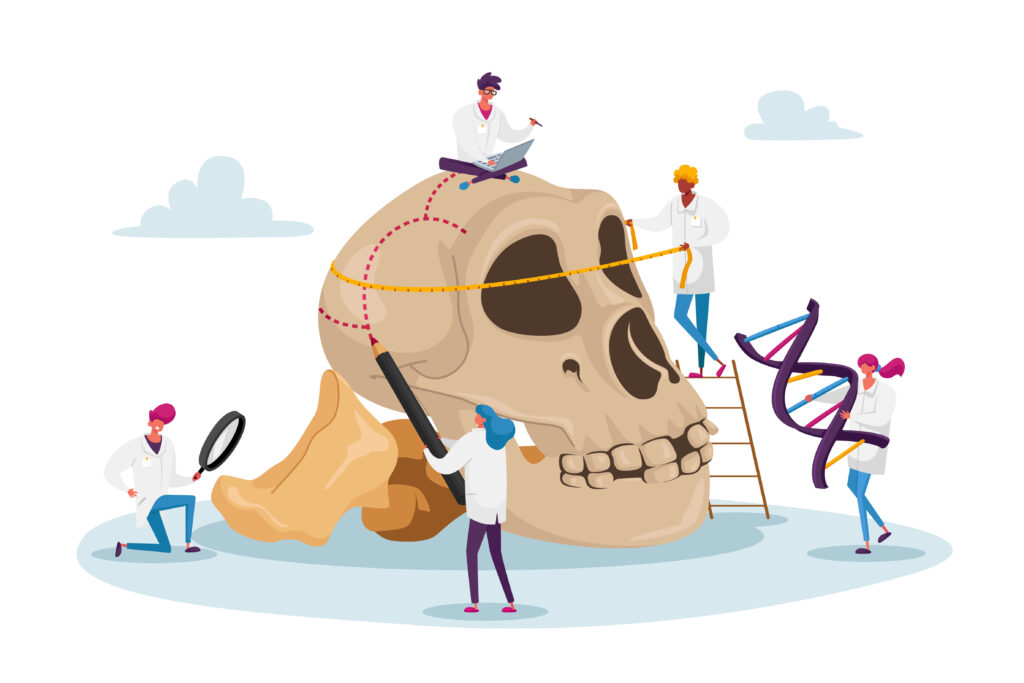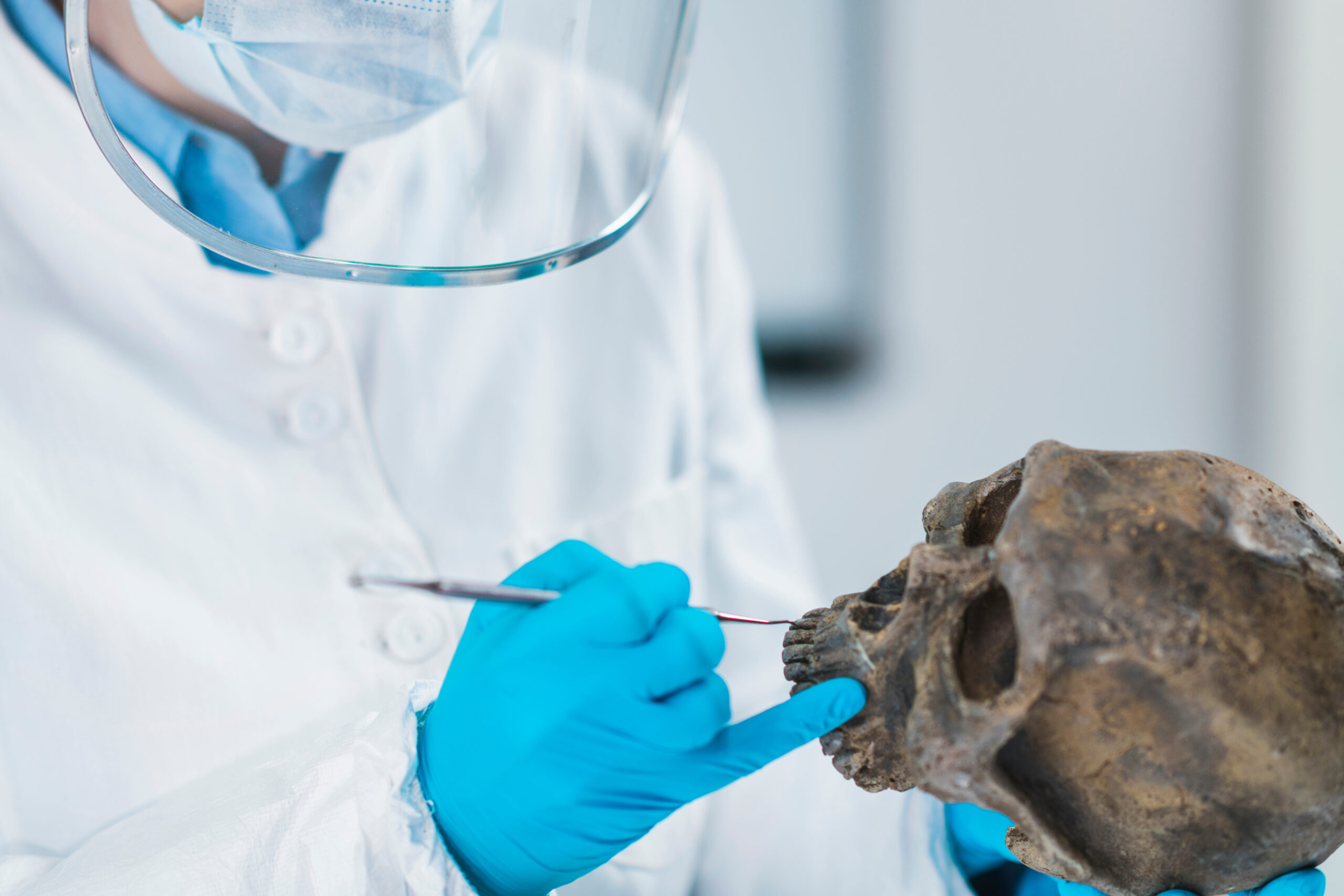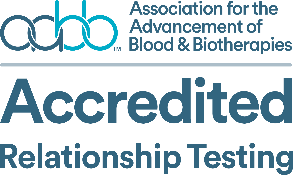When we think about forensic science, it’s usually in the context of criminology. In the last 30 years, forensic DNA testing has come a long way to help investigators solve crimes. But DNA can also help up unravel much older mysteries. Criminologists aren’t the only people who use forensic science; archaeologists also find it helpful. Archaeologists gather as much evidence as they can to put together a picture of what happened in the past, just as criminal investigators do. The main difference is that archaeologists are dealing with a much more distant past.
Here’s how archaeologists use forensic DNA testing to solve historical mysteries.
Nuclear DNA
There are two types of DNA that archaeologists typically use to identify remains. The first type is nuclear DNA. As the name suggests, nuclear DNA is found in the nucleus of a cell. It contains genetic information from both parents. Scientists can recover nuclear DNA from skeletal remains that are thousands of years old and from objects that may have touched DNA-rich body fluids like saliva. For example, archaeologists excavating the Boston Saloon in the mining town of Virginia City, Nevada, wanted to determine the sex of the people who used the items they found there. They tested the DNA they found inside a clay pipe stem and discovered that a woman used it, not a man as they expected.
Mitochondrial DNA
In 2012, archaeologists in Leicester, England, found a skeleton underneath a parking lot. They had a fair amount of evidence to suggest its identity, but it wasn’t until they tested the mitochondrial DNA that they could confirm that the skeleton was, in fact, King Richard III. Yes, that Richard III. Because the archaeologists suspected they had found Richard’s skeleton, they could compare his DNA to the DNA of his known descendants. Archaeologists do not usually know exactly who they are looking for, but DNA can still tell them a lot about the remains that they find.

Unlock the Past, Unlock the Future
The key to unlocking the future is understanding the past. At Endeavor DNA, we are proud and excited to be a part of the DNA testing community. We specialize in relational testing for both court-admissible and peace of mind purposes.


 (888) 432-3855
(888) 432-3855 UK
UK 

 6955 N Mesa St, Ste 109, El Paso, TX 79912
6955 N Mesa St, Ste 109, El Paso, TX 79912  info@endeavordna.com
info@endeavordna.com
























